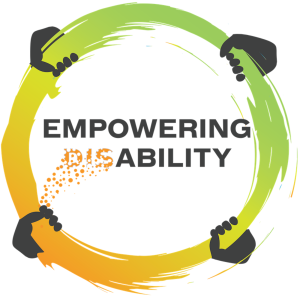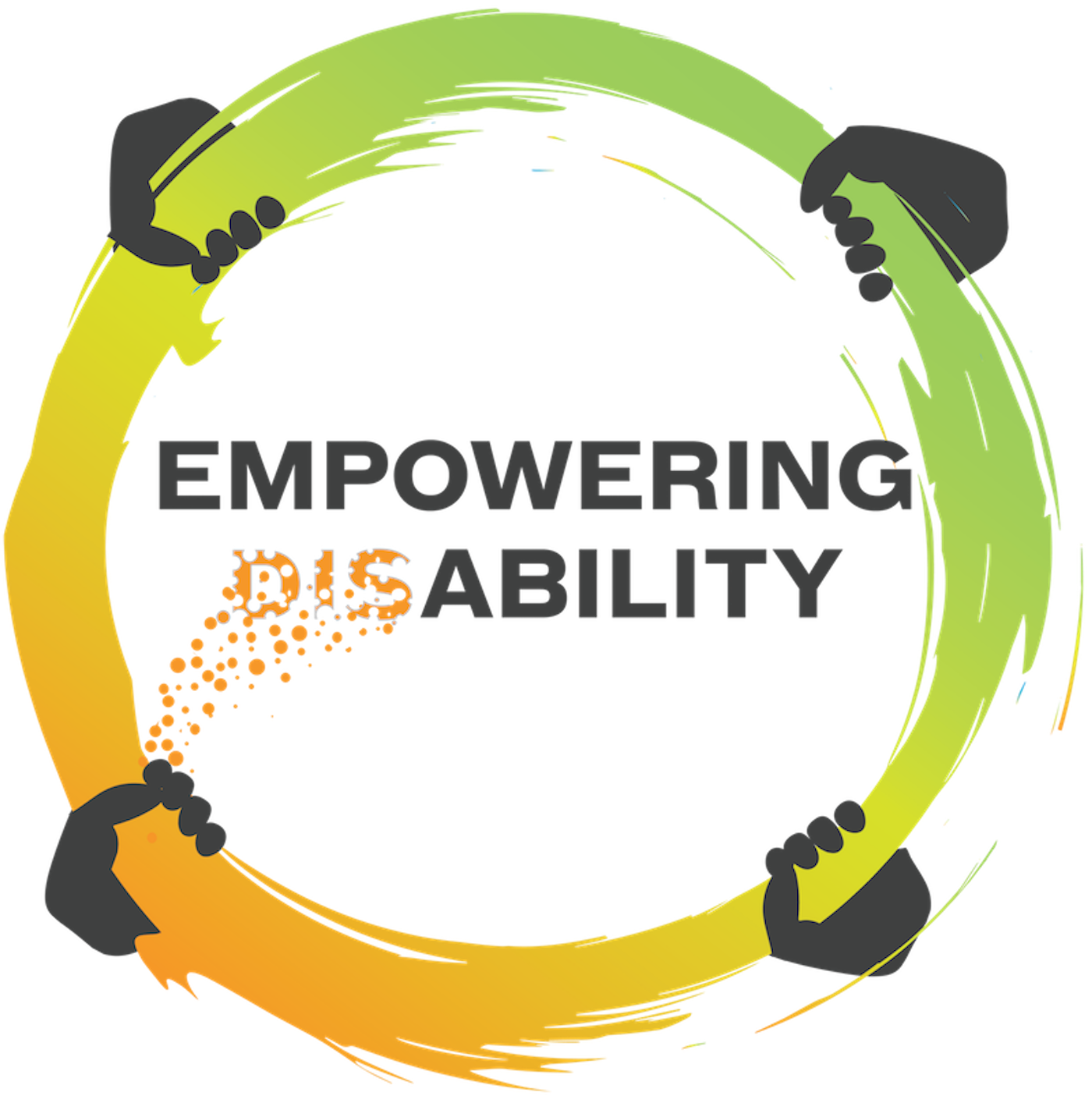Episodes

Thursday Nov 23, 2017
#038: Learn To Empower Yourself, with Dr. Annick Janson
Thursday Nov 23, 2017
Thursday Nov 23, 2017
In this week’s episode on the Empowering Ability Podcast we welcome guest Dr. Annick Janson, whom resides in NZ. Dr. Annick Janson is a clinical phycologist, and a mother of 3 children. Her youngest child, Yaniv, is on the spectrum, and life changed quite a bit when he came into their lives. Annick carries the deep personal experiences of being both a family member and a service professional.
As a professional, clinical phycologist, Annick followed a typical pathway, and became dissatisfied with the outcomes they were getting.
On the podcast Annick Shares:
“4 years ago, I met Sylvana Mahmic, CEO of Plum Tree service provider for young children that have a developmental disability in Australia - serving 700-800 people per year. [Both Sylvana and Annick have a child with a disability.] (They asked) if we had to scrap everything, what would be the best service offering for families that will make a serious difference?”
They took a design thinking approach, including an ethnographic research approach and rapid prototyping to build a learning program called 'Now and Next'.
Annick Shares, ”(We looked at) how can parents use their learning to build on success, and get better, and better results for their children. We started with 18 sessions, and it is now down to 8 group sessions, and 1 one on one session.
The learning program shifts the mindset of parents to understanding the power of their own agency, and the control they have over their wellbeing.
Why a Learning Program?
Paraphrasing from the podcast Annick Shares:
We are using a learning program because we found people (parents) are feeling overwhelmed, and there generally isn’t something wrong with them (grief, denial, etc.). Annick didn’t want to generalize, but what they found is that what people need is to learn strategies and solutions to get the results that are meaningful to them. Now and Next is a learning framework, rather than a therapeutic framework.
The Now and Next Program VS. The Traditional Model
There are 5 areas of differentiation that the Now and Next Program focuses on Vs. the Traditional Model.
Paraphrasing from the Podcast Annick shares:
1. The Initial Interview:
In the initial interview with a professional they ask you “Tell me about your child?” This was a stressful situation as a mother. You eventually say… "my child can’t do this, and can’t do that." Parents are left feeling terrible. Until now we haven’t really had a better way.
In the Now and Next Program, we used the theory of gamification and created a game called, 'Pictability'. We chose pictures for the game based on our research of what people had used their individualized funding for. We designed the game so that people are brought straight into the strength domain using projective identification. People are able to identify a great future for their child and create a vision board with a long-term vision, and short-term goals. Games can bring out a lot of creativity and learning.
2. Notes are Shared:
In a typical parent – professional relationship the professional is the one that is taking and keeping the notes. These are often written up in a report by a professional that may be written in jargon and can be hard to understand for families.
With Now and Next Parents hand write their own goals, and we use technology to create a multi-media report so those goals can be shared with loved ones and supporters easily.
3. Working on Goals:
In the traditional model, I often hear that it is really hard for parents to come up with goals, and the goals are written up by the professional, as mentioned above.
In Now and Next, parents define and work on their own goals, and they become empowered. Parents choose their own goals, and parents are committed to these goals because they have chosen them.
4. Positive Psychology:
The Now and Next Program is the first of it’s kind (to Annick’s knowledge) to incorporate the concepts from Positive psychology. Traditionally psychology looked at how we can get someone from a -3 closer to zero, say -1. Positive psychology looks at how can we get someone who is at zero to +2.
Martin Seligman, one of the forefathers of positive psychology, taught us the concept of learned helplessness, which says that we bear unpleasant circumstances because we have learned they are un-escapable. But, through prospection we are able to look into the future and build a better future for ourselves. We looked at the prospection model and integrated these ideas into our model.
5. Sustainable and Scalable:
With the traditional model, there is a power imbalance and families are dependent on professionals. This is not sustainable. There is limited funding for professionals, and we cannot rely on this.
When I talk to professionals and parents all around the world and ask them how they would rate their partnership their answers don’t always match up. At the end of the day, parents are expecting professionals to do the work to ‘fix’ their child. As a society, we have put professionals in high regard, and we have given them power.
With the Now and Next Program we hold parents as the experts, and we are giving parents the tools they need to build the future they want. We have also found that Parent to Parent facilitating has proven to be most effective because of the deep understanding and empathy parents have for each other. This contributes to the scalability of the program because participants are becoming facilitators, and they can then train local people.
The Now and Next Program is measuring the amount of agency (i.e. empowerment) that a parent has, and they have demonstrated significant increases post program.
“In April 2017, the peer facilitators and alumni of the Now and Next program held their inaugural conference, entitled ‘By Families, For Families’, in Sydney, Australia. At this conference, something groundbreaking transpired, something both profoundly significant and genuinely radical: parents of young children with disability and developmental delay actively accepted responsibility for asserting their “natural authority” (Kendrick, 1995) in their partnerships with their child’s professionals and therapists.” Read more from the source article here.
Annick Reflects on the turning point with her son, Yaniv:
“I was disappointed in professionals trying to get Yaniv to fit into a ‘normal’ box, (which wasn’t working very well). There was a lot that he was teaching me, and we decided to go for the amazing and genius box. In high school, Yaniv became interested in art. In art class, he required less of a teacher aid, and this motivated Yaniv. Whereas, in the more academic classes he needed more of an aid. We took the ‘Eye of the needle’ approach, and everything they were trying to teach Yaniv would go through art. An artist needs to have a bio, and the way that you write it is by pushing this button on the computer. Today, Yaniv is an international artist. Learn more about Yaniv and his art through his website Yanivjanson.com.
A huge thank you to Dr. Annick Janson for coming onto the podcast! If you would like to learn how to bring Now and Next to your area please reach out to Annick! (email: annick@egl.ac.nz)
Thank you for reading to today's blog! If you liked this episode, and think someone you know would benefit, please share it with them! Be a part of the change to think differently about disability.
Love & Respect,
Eric
Resources:
Annick’s email: annick@egl.ac.nz
Website: egl.ac.nz
Blog: Click Here
Videos: Click Here
If you received value from this content please leave me a review on iTunes. By leaving a 5 star review on iTunes you make the Empowering Ability Podcast more discoverable, and more families will benefit. Click Here To Leave a Review on iTunes
The Empowering Ability Podcast is available on iTunes and various other apps so that you can listen while on the go from your smartphone!


No comments yet. Be the first to say something!